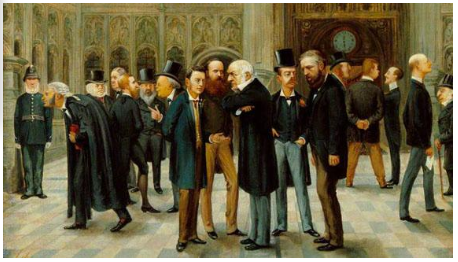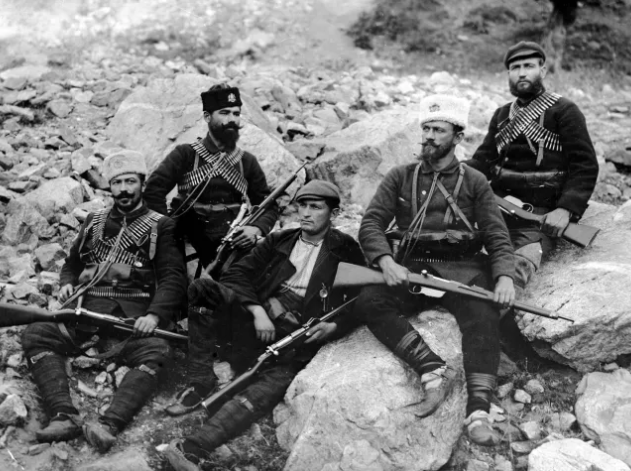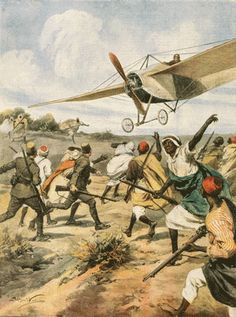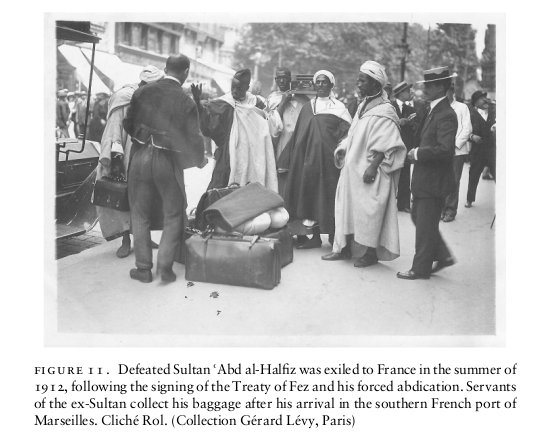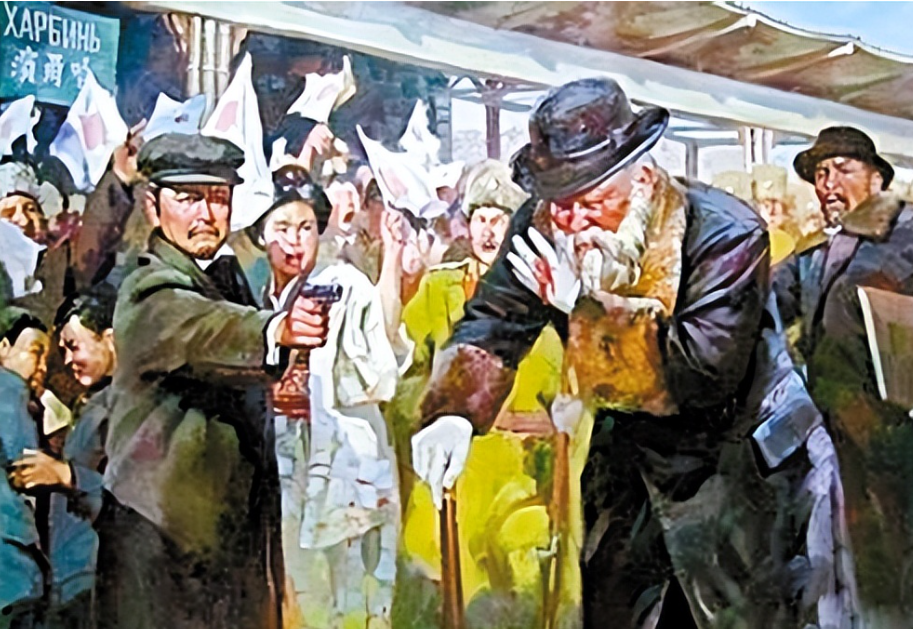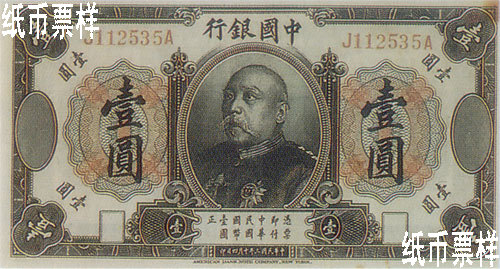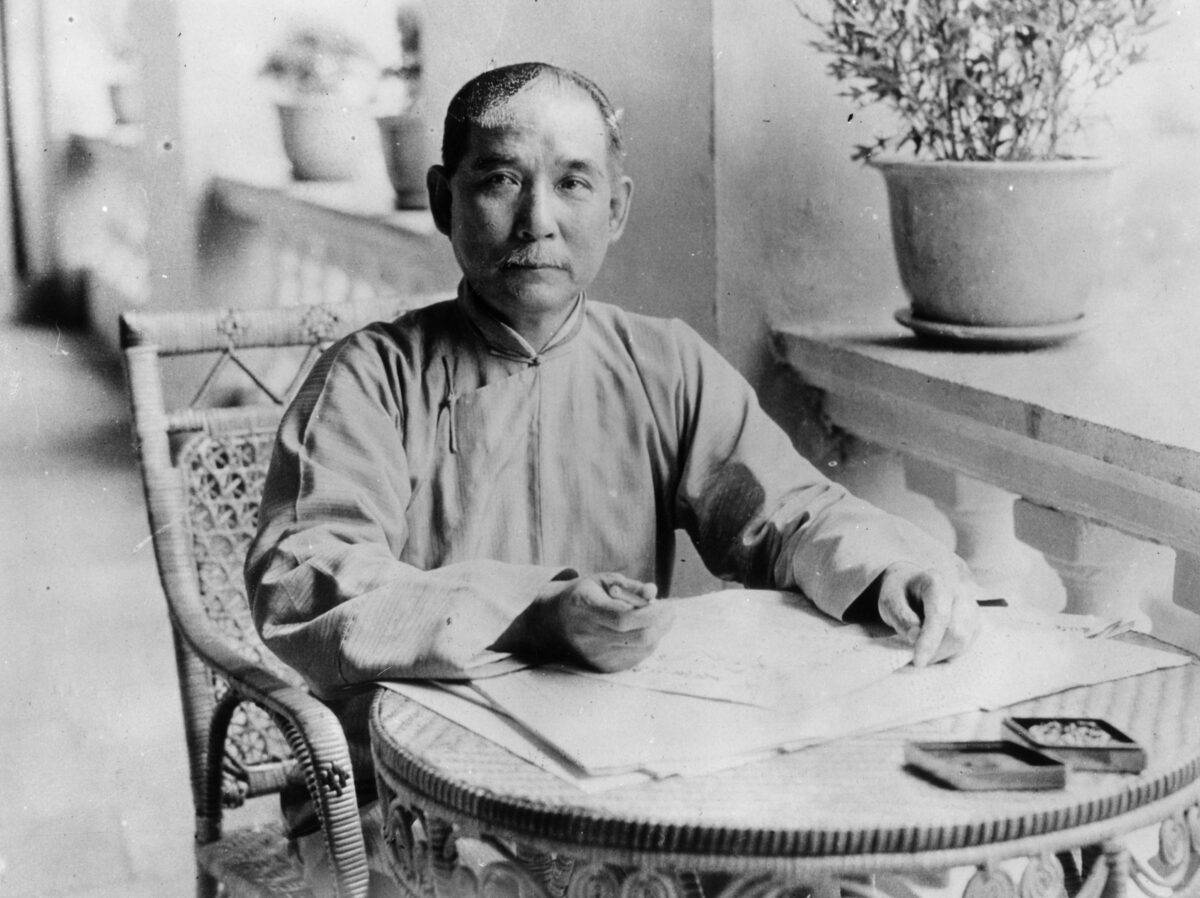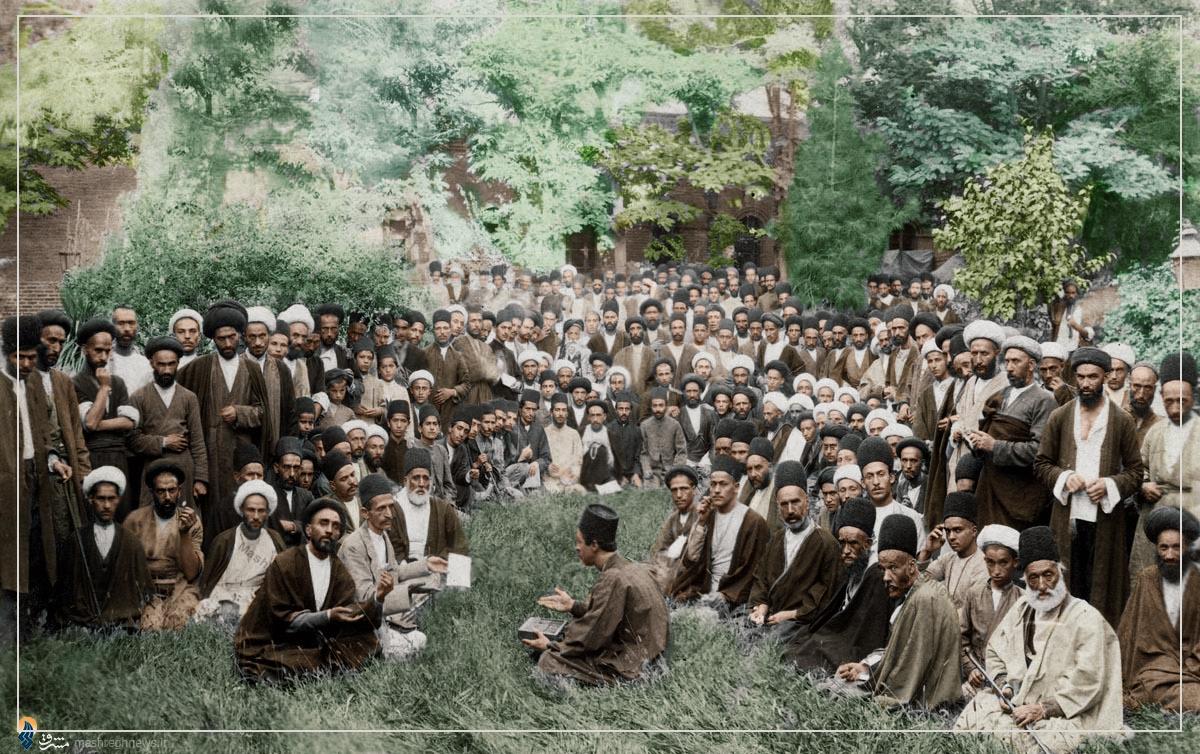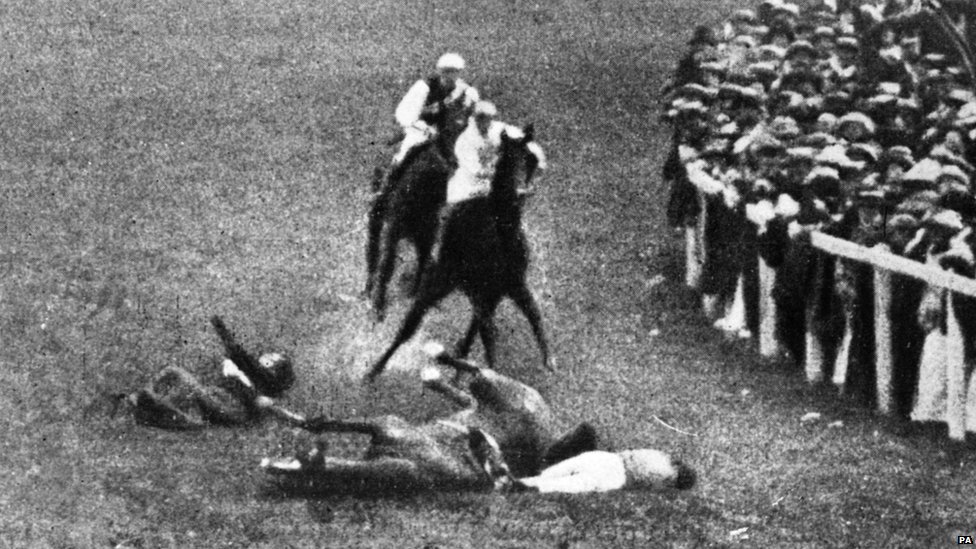Was the collapse of the international gold standard – established in 1873 – in 1914, a sure sign that war was coming? Was gold a “peaceful metal”, as Michael Hudson has argued? Does the history of finance and money, tied up with states and war, provide a theory of everything? We go way back to Greek and Roman times and forward all the way to 1914, drawing insights from modern monetary theory (MMT), Indian Political Economy (IPE), advocates of debt-free money creation (notably Stephen Zarlenga), to follow the rise and fall of the gold standard and of bimetallism. It’s a weird world mostly ignored by mainstream economics. But not by Civilizations!
Tag: World War Civ
World War Civ 22: Irish Home Rule and Britain’s near-civil war before 1914
How close did Britain come to a civil war over the issue of Irish Home Rule? We talk about the long parliamentary road led by Parnell, the settler trick culminating in the seditious maneuvers in Ulster, and the final passage of the Home Rule Bill, rendered inoperative by World War I. This issue will be back before WWI is over, though – but the Easter Rising and 1916 is for a future episode.
World War Civ 21: Balkan Wars 1912-1913
In the First Balkan War, Serbia, Bulgaria, Greece, and Montenegro attacked the moribund Turkey to take its remaining territories and get Turkey out of Europe. In the Second Balkan War, they fought one another over those same territories. The Balkan Republics model themselves after Italy and Germany and hope to unify their nations at the expense first of Turkey, then of one another. The Scramble for the Ottoman Empire cannot but bring colonial-style wars into Europe. The shocking atrocities, the Carnegie Commission, the proliferation of “National Questions”. One of our main guides to all this? A Russian journalist writing for a Ukrainian newspaper who believes only a Federation of the Balkans can resolve these problems. His name is Leon Trotsky…
World War Civ 20: Italy invades Libya, 1911-12
After losing to Ethiopia, Italy tries to restore its reputation as a colonizer by invading Libya, following directly from France’s invasion of Morocco and leading directly to the Balkan War. The dominoes keep falling as the European colonizers keep grabbing. Libya becomes a battlefront for decades – one we will return to in future episodes.
World War Civ 19: Morocco 1911 Agadir Crisis
The short Hafiziyya period in Morocco leads to the Treaty of Fez and annexation; Morocco’s lost its sovereignty but it’s Germany that feels aggrieved. More scrambling for Africa and another inter-imperial spat to inch us closer to WW1.
World War Civ 18: Japan annexes Korea 1910
Japan’s annexation of Korea in 1910 is scramble-like colonial behavior; it is the beginning of a long and bold resistance by Korean patriots whose names will return; it is the occasion for studying Japanese colonialism in East Asia as well as its disputes with Russia. A short episode on Korea’s struggles from the Russo-Japanese War to the 1910 annexation.
World War Civ 17b: Yuan Shikai makes his move
The 1911 Chinese Revolution ends with Yuan Shikai in charge. He is ready to take the throne and become emperor except that he can’t sweep the foreigners away and ends up deepening the crisis. China enters the WW1 period in a state of fragmentation as the time of the warlords begins.
World War Civ 17a: The 1911 Chinese Revolution pt1
The Qing dynasty desperately tries a reform to stay in power while secret societies plot against them; intellectuals debate how to modernize China while Western imperialists keep pressuring China after crushing the Boxer Rebellion. Sun Yat Sen leads a movement for a republic and a revolutionary moment sparks in 1911. Part 1 of 2.
WWCiv 16: Persia and Portugal get constitutions, 1909 and 1910
Timeline of the constitutional revolutions that took place in Persia from 1905-1909 and Portugal in 1910. They weren’t social revolutions but shared important patterns for later events including a long nonviolent sit-in in Persia and a missed communication in Portugal (leading to a suicide!)
World War Civ 15: Sufragettes and Pacifists
“Deeds Not Words!” was the slogan of the militant sufragettes who fought for the vote. We get into some of their dramatic acts and some of the reasonings of their leaders – which are not always discussed in their full detail today. Also the (non-socialist) part of the pacifist movement – a crowd the socialists were not impressed with. Could an alliance have prevented the Great War? This and other questions in this episode.


